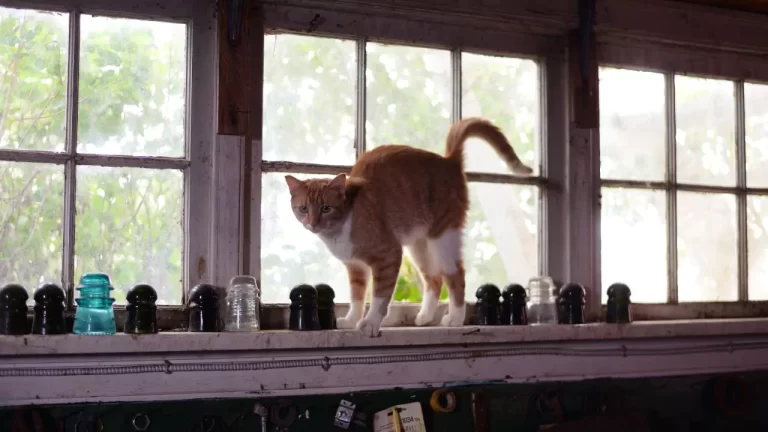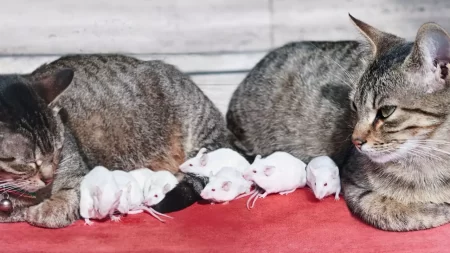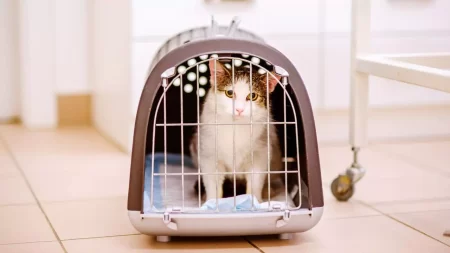Yes, cats can live in a garage during the winter months, provided certain precautions are taken to keep the environment safe and comfortable. Garages can make suitable temporary shelters for cats in cold weather if properly prepared.
Can Cats Live in a Garage in the Winter?
Safe Temperature Range for Cats in a Garage
Cats do well in temperatures between 60-75°F. Temperatures below 50°F or rapid drops in temperature can be dangerous for cats. Garages are often colder than the rest of the house and may dip below the optimal temperature range for felines during winter.
Preparing the Garage for a Cat
To make a garage safe for cats in winter, provide insulation, warm bedding, a heated cat shelter, and a supplemental heat source. Seal any leaks or drafts. Place the cat’s supplies in the warmest area of the garage. Keep food and water from freezing.
What to Do if the Temperature Dips Below the Safe Range
If temperatures drop too low, bring the cat inside to a climate-controlled area. Move any outdoor cats into an enclosed, insulated shelter with heat support. Monitor the cat for signs of hypothermia. Seek veterinary care if the cat becomes distressed.
Tips for Keeping Cats Warm in a Garage
Providing a Warm Bed and Bedding
Use a well-insulated cat shelter. Line with blankets, towels, or straws. Avoid fabric that retains moisture. Place bed away from drafts and elevate off cold cement.
Ensuring Proper Food and Hydration
Feed cats a high-calorie diet in cold months. Use heated, insulated bowls to prevent freezing. Provide fresh water often. Canned food has a high moisture content.
Using a Heater or Heating Pad
Use a space heater or heating pad made for animal use to provide supplemental warmth. Position safely away from flammable items. Do not leave it unattended.
Elevating the Cat Shelter
Raise the shelter a few inches off the floor on wood boards or bricks. The elevation helps retain heat underneath. Place in a sheltered corner of the garage.
Clothing for Cats
Some acclimate cats to wearing a sweater or coat to increase warmth retention. Limit time in clothing to avoid overheating. Supervise the cat to ensure safety.
Benefits and Drawbacks of Keeping a Cat in a Garage During Winter
Benefits
- Less fur and dander in the home
- No litter box smell
- More secure containment for outdoor cats
- Healthy exposure to fresh air
Drawbacks
- Potential temperature extremes
- Lack of climate control
- Less human interaction
- Increased risk of illness
- Possible loneliness or boredom
Conclusion
Cats can live humanely in a well-prepared garage in the winter months, but indoor housing is safest. Providing insulation, warmth, shelter, enrichment, and monitoring are key to protecting cat health and comfort. Owners must weigh the trade-offs based on their individual cat’s needs. With proper precautions, garages can serve as temporary shelters when indoor housing is not possible.







